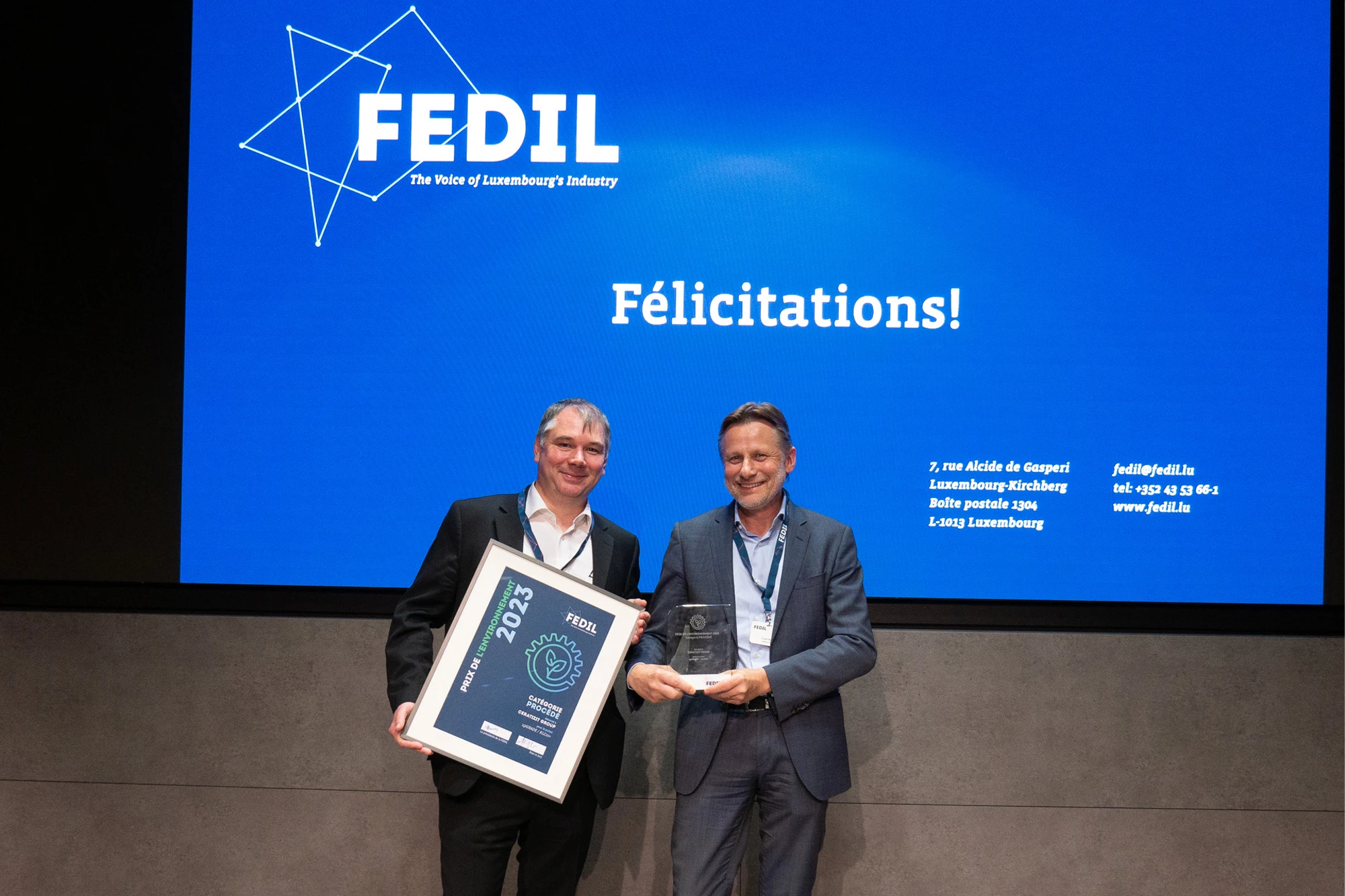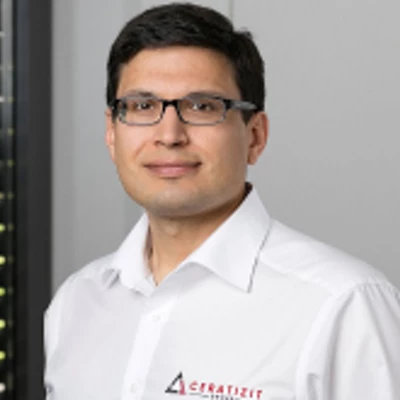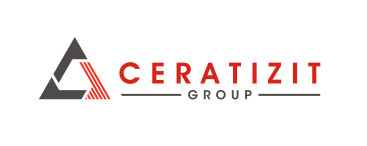November 30, 2023
CERATIZIT wins environmental award for upGRADE products

From left to right: Ralph Useldinger, Head of Group Analytics and Fundamental R&D, and Executive Board Member Frank Thomé at the award ceremony
CERATIZIT S.A., Mamer, Luxembourg (headquarters), 30 November 2023
CERATIZIT has received the Prix de l'Environnement 2023 (Environmental Award) from the Luxembourg industry association FEDIL for the process used to manufacture the carbide grades in the upGRADE product family. By using secondary raw materials from an optimised recycling process, the upGRADE carbide grades not only offer a particularly low carbon footprint, but also the high performance of a premium carbide grade.
“Mining ore containing tungsten already pays off starting at a content of 0.06%. This means that around 200 tonnes of ore have to be transported to obtain one tonne of metallic tungsten, which requires a lot of energy,” explains Dr Ralph Useldinger, Head of Group Analytics and Fundamental R&D. This is why CERATIZIT only uses secondary raw materials from the zinc recycling process for the upGRADE grades in order to minimise the carbon footprint of the products.
Low CO2 emissions
The zinc used to break up the carbide structures is reused, meaning that the process produces emissions almost exclusively as a result of the necessary electricity. However, CERATIZIT can also score points in this area: "Since the beginning of 2023, we have only been purchasing green electricity from sustainable sources,” adds Executive Board Member Frank Thomé.
He also considers the upGRADE varieties to play an important strategic role. “The upGRADE product family is an important component of our sustainability strategy. They prove that more sustainable carbide products are possible without having to compromise on performance,” says Thomé.
To ensure this, CERATIZIT only feeds high-quality, meticulously sorted carbide scrap into the recycling process. Ralph Useldinger explains why this is crucial: “In zinc recycling, the structure of the tungsten carbide remains unchanged. This means that the quality I put in is the quality I get out.”
Starting with two carbide grades
The upGRADE product family currently features two carbide grades. CT-GS20Y for metalworking, which has already won the Best of Industry Award, and KLC20+ for knives, rods and saw teeth for woodworking, which was presented at LIGNA in May. They form the vanguard of a product portfolio that, according to Thomé, is set to become increasingly sustainable in the coming years: “Our goal is to be the leader in sustainability in the cemented carbide and cutting tool industry by 2025. That's why we are not only actively working to further reduce our corporate carbon footprint, but are also gradually adding more products with a particularly low product carbon footprint to our product portfolio.”
Press contact:

CERATIZIT – with passion and a pioneering spirit for hard materials
For over 100 years, CERATIZIT has been a pioneer in developing exceptional hard material solutions for machining and wear protection. The private company, with registered offices in Mamer, Luxembourg, develops and produces highly specialised cutting tools, indexable inserts, rods made from hard materials and wear parts. The CERATIZIT Group is the global market leader in various application segments and successfully develops new carbide, cermet and ceramic grades, such as for wood and stone working.
With 7,000 employees at 30 production facilities and a sales network with over 50 branches, CERATIZIT is a global player in the carbide industry. The company's international network includes subsidiary Stadler Metalle and joint venture CB-CERATIZIT.
The technology leader is continually investing in research and development and holds 1,000 patents. Innovative hard material solutions from CERATIZIT are used in various sectors, including mechanical engineering and toolmaking, in the automotive and aerospace industries and in the oil, gas and medical industries.
